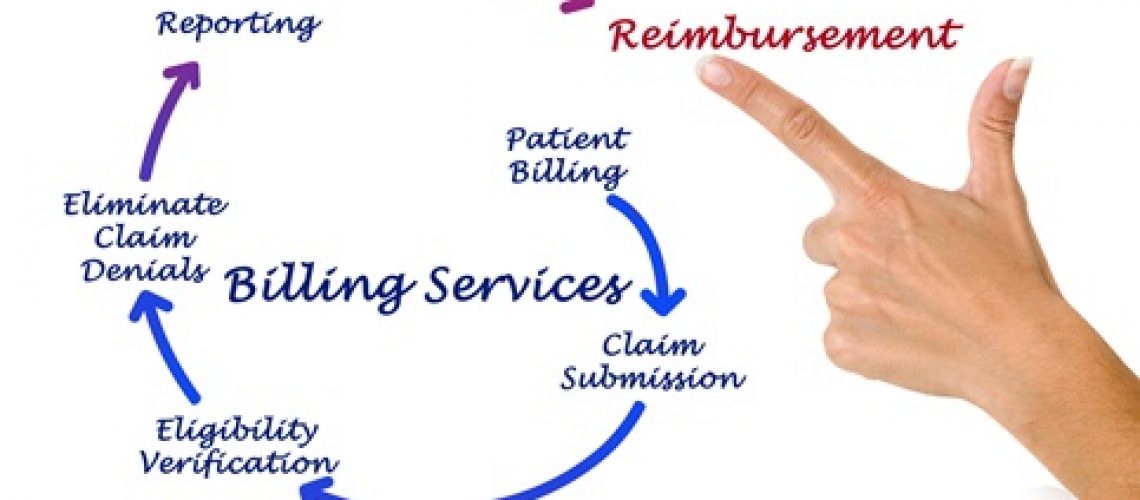The Centers for Medicare and Medicaid Services has just released a fact sheet on preparing for ICD-10. This latest message offers suggestions for providers whose information systems may not be ready in time for the Oct. 1 transition deadline. The facts sheet also attempts to dispel some myths and issues a warning.
Problems with Claims Submission
Medicare has several options for providers that are unable to submit electronic claims with ICD-10 diagnosis codes because of problems with the provider’s information systems. However, each of the options requires that the provider be able to code in ICD-10.
Free billing software can be downloaded at any time from every Medicare Administrative Contractor (MAC). While all MACs have provider portals, only half of them offer claims submission functionality via the portal, so providers should check with their contractors. Providers also can submit paper claims if they have met waiver provisions of the Administrative Simplification Compliance Act. CMS encourages providers to allow enough time to complete training on the billing software or portal.
No ICD-10 Coding? Claims Rejection is Inevitable
Healthcare organizations must be able to submit claims coded with ICD-10, whether using the alternate methods described above or electronically. If an organization can’t submit ICD-10 coded claims, they will not be accepted. Only claims coded with ICD-10 can be accepted for services provided on or after Oct. 1, 2015.
ICD-10 Codes will Not Determine Ambulatory Reimbursements
Outpatient and physician office claims are not paid based on ICD-10 diagnosis codes but on CPT and HCPCS procedure codes, which are not changing. However, ICD-10-PCS codes will be used for hospital inpatient procedures, just as ICD-9 codes are used for such procedures today. Also, ICD diagnosis codes are sometimes used to determine medical necessity, regardless of care setting.
Costs May be Lower than Anticipated
Recent studies by 3M and the Professional Association of Health Care Office Management have found many EHR vendors are including ICD-10 coding capabilities in their systems or upgrades, at little or no cost to their customers. As a result, software and systems costs for ICD-10 could be minimal for many providers, CMS contends.
It’s Time to Make the Transition
ICD-10 is foundational to modernizing health care and improving quality, CMS contends. ICD- 10 serves as a building block that enables greater specificity and standardized data that can improve coordination of a patient’s care across providers over time, support innovative payment models that drive quality of care, enhance fraud detection efforts, and advance public health research, public health surveillance, and emergency response through detection of disease outbreaks and adverse drug events.
——————————————————
Photo courtesy of: Fotolia
Originally published on: Health Data Management
Follow Medical Coding Pro on Twitter: www.Twitter.com/CodingPro1
Like Us On Facebook: www.Facebook.com/MedicalCodingPro







